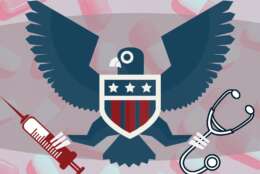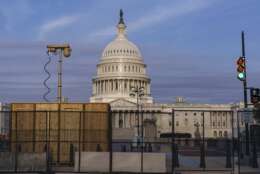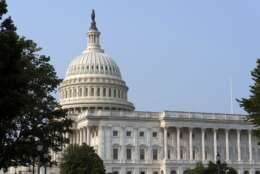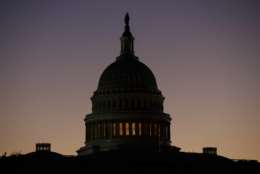Federal Employees Health Benefits Program
-
This Federal Employees Health Benefits Program Open Season, doing some shopping could save you big. And there are resources you can turn to help you make your decision.
November 11, 2021 -
Federal workers and retirees have little time to miss another deadline and lose, as in overpay up to $2,000, on next year’s health premiums.
November 10, 2021 -
Next year's premium rate increases under the Federal Employees Health Benefits Program are on the modest side, at least compared to recent years. Open season begins Monday and runs through Dec. 13.
November 08, 2021 -
Retirement can be a lot less fun if your teeth fall out and you can't bite into an apple.
October 22, 2021 -
The Office of Personnel Management will propose expanding coverage under the Federal Employees Dental and Vision Insurance Program (FEDVIP) to include federal employees on temporary, seasonal and intermittent schedules.
October 18, 2021 -
While certainly relief to Social Security recipients, that big adjustment is a sign of a scary economy.
October 15, 2021 -
Come Jan. 1, health insurance plans must treat emergency services performed out-of-network as if they were done in-network. The new rules apply to almost all major public and private health insurance plans, including the Federal Employees Health Benefits Program.
October 11, 2021 -
Next year's premium rate increases under the Federal Employees Health Benefits Program (FEHBP) are on the modest side, at least compared to recent years. But the pandemic continues to make the business of predicting future trends difficult, to say the least.
October 04, 2021 -
When the COVID pandemic hit, many predicted that premiums in the giant federal employee health benefits program would skyrocket.
September 30, 2021 -
Employees and retirees enrolled in the Federal Employees Health Benefits Program (FEHBP) will pay, on average, 3.8% more toward their premiums in 2022. The Office of Personnel Management announced FEHBP premium rates ahead of the upcoming open season, which runs Nov. 8 through Dec. 13.
September 29, 2021 -
The government shutdown deadline is right around the corner. The good news? Congress has learned a few things from the last shutdown, bringing the tiniest bit of certainty to feds with their back pay and health insurance the next time it happens again.
September 27, 2021 -
In today's Federal Newscast, new salary caps mean House staffers can now make up to nearly $200,000 a year.
August 16, 2021 -
Healthcare experts Ceci Connolly and Andrea Walsh lay out five ways OPM can improve its Health Plan Comparison Tool.
June 30, 2021 -
House members are silent on federal pay in their 2022 draft appropriations bill, meaning they'll defer to the president's recommendation for a 2.7% raise for employees next year.
June 23, 2021 -
The House of Representatives will likely go along with the president's 2.7% federal pay raise for civilian employees next year, a House Democrat said Tuesday. The House Appropriations Committee will release the text for a key 2022 bill later this week.
June 22, 2021












